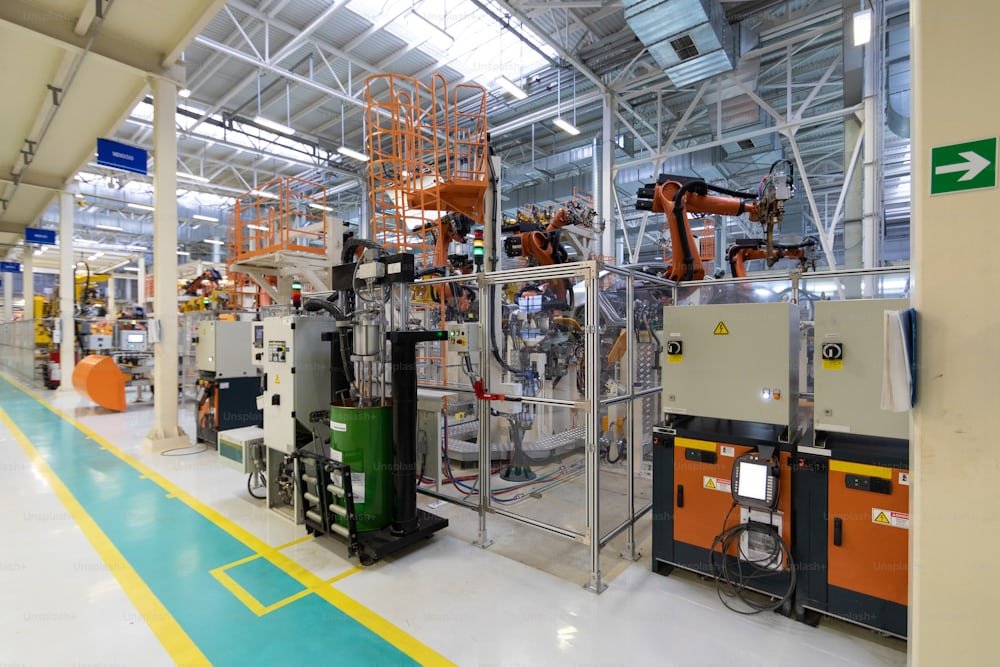
In today’s rapidly evolving world, the intersection of technology and food production is more critical than ever. Bachelor of Technology (B.Tech) in Food Technology is an innovative discipline that blends engineering, biological sciences, and technology to enhance the quality, safety, nutritional value, and availability of food. This article explores how this degree is pivotal in shaping the future of food systems, addressing challenges such as food security, sustainability, and health.
The Essence of B.Tech in Food Technology
B.Tech in Food Technology is typically a four-year undergraduate program that equips students with the knowledge and skills necessary to engineer better food processing techniques and improve food products. The curriculum includes subjects like food microbiology, chemistry, process engineering, food packaging, nutrition, and quality control. These comprehensive courses prepare graduates to tackle the food industry’s challenges and innovate solutions that can lead to more sustainable and efficient food production methods.
Impact on Food Safety and Quality
One of the primary concerns in the food industry is ensuring the safety and enhancing the quality of food. Food technology graduates are trained to design processes that keep food free from pathogens and contaminants. Through advanced preservation methods, such as cryogenic freezing and aseptic processing, food technologists can extend the shelf life of food products while maintaining their nutritional quality. These innovations are crucial in preventing foodborne illnesses and ensuring that safe and wholesome food reaches consumers worldwide.
Advancements in Processing and Manufacturing

B.Tech in Food Technology also focuses on the mechanization and automation of food manufacturing processes. With the aid of cutting-edge technologies like robotics and artificial intelligence, food technologists are making strides in optimizing production lines. This not only enhances efficiency and reduces waste but also helps in maintaining consistent product quality. For instance, computer-integrated manufacturing systems allow for precise control over ingredient mixing, cooking temperatures, and packaging, thereby minimizing human error and variability in the final product.
Sustainability and Environmental Concerns
In an era where sustainability is a major concern, food technologists are at the forefront of developing eco-friendly packaging solutions and energy-efficient production practices. Biodegradable packaging made from natural materials like corn starch and bamboo reduces reliance on plastics and minimizes environmental impact. Moreover, energy recovery systems in food processing can harness waste heat for other operations, substantially lowering the carbon footprint of manufacturing facilities.
Nutritional Innovations
With a growing awareness of health and wellness, there is an increasing demand for nutritious food products. B.Tech in Food Technology plays a crucial role in formulating functional foods enriched with vitamins, minerals, and other beneficial compounds. Techniques such as fortification and the development of nutraceuticals are examples of how food technology can contribute to better public health outcomes by addressing nutritional deficiencies and promoting healthy eating habits.
Career Prospects and Industry Applications
Graduates of B.Tech in Food Technology have a wide array of career options in sectors like food manufacturing, research and development, quality assurance, and sales and marketing within the food industry. They are sought after by multinational corporations, health-focused startups, and governmental agencies involved in food regulation and safety. Their expertise helps companies innovate and stay competitive in a fast-paced market.
The Future Landscape

As global populations grow and resources become scarcer, the role of food technologists will become more critical. Innovations in alternative proteins, such as lab-grown meat and plant-based substitutes, are areas where food technologists can significantly impact. These advancements not only promise to meet the protein demands of a burgeoning population but also do so in a more sustainable manner than traditional livestock farming.
Conclusion
The B.Tech in Food Technology is not just an academic degree; it’s a vital tool for the betterment of global food systems. Through the integration of science and technology, food technologists ensure the production of safe, sustainable, and nutritious food. As technology continues to advance, the potential for further innovation in food systems is boundless, making this an exciting field for new students and seasoned professionals alike.
This article underscores the transformative impact of B.Tech in Food Technology on both the food industry and global food security, illustrating why it is an essential study and career choice for those passionate about making a difference in the world.







